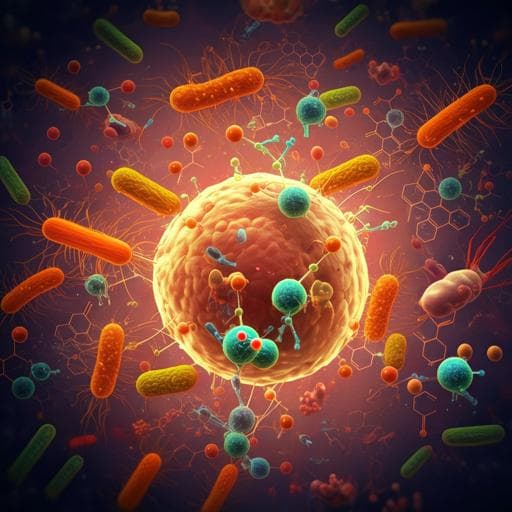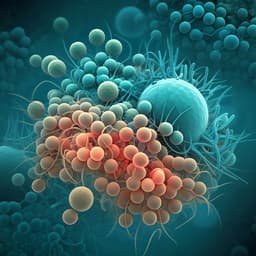
Medicine and Health
Alterations in the gut microbiota and metabolite profiles of patients with Kashin-Beck disease, an endemic osteoarthritis in China
X. Wang, Y. Ning, et al.
Discover groundbreaking insights into Kashin-Beck disease (KBD), an osteochondral disorder influenced by genetic and environmental factors. This study, conducted by Xi Wang and colleagues, reveals a unique interplay between gut microbiota and serum metabolites, highlighting how altered lipid metabolism could guide future treatments.
Related Publications
Explore these studies to deepen your understanding of the subject.







